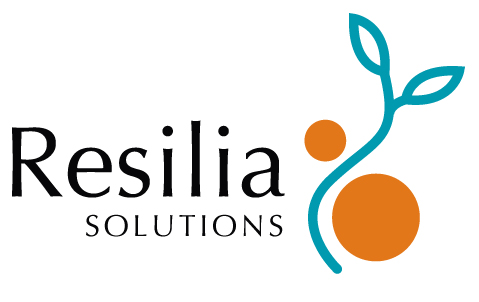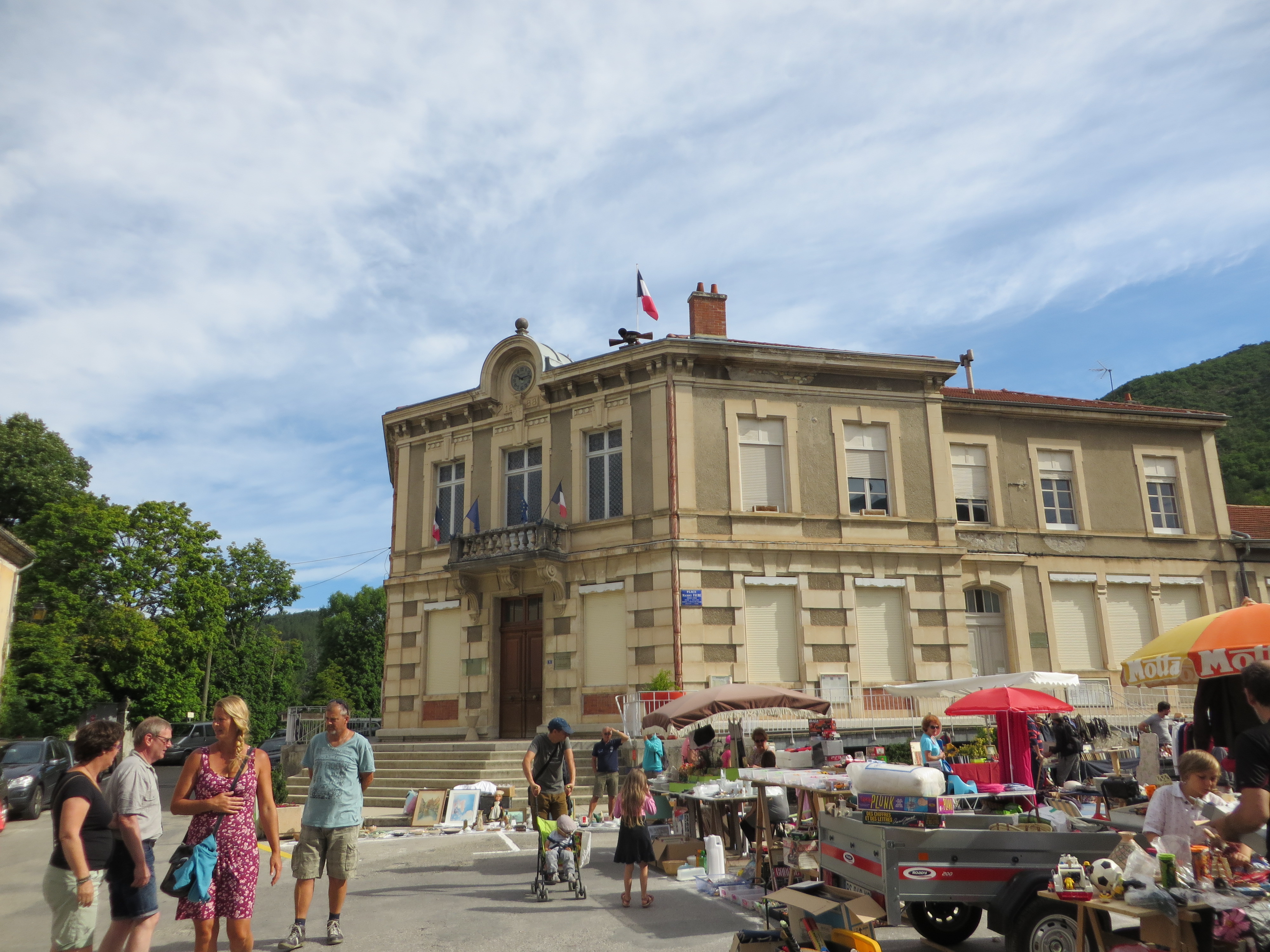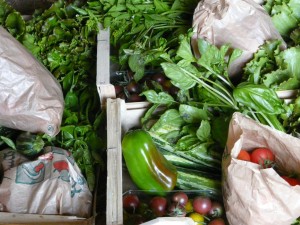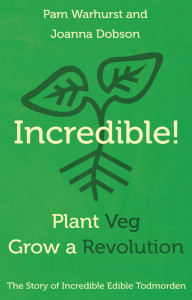[tx_row]
[tx_column size=”2/3″]
This was the topic of the first Forum Camping organised by Yes We Camp , as a deep immersion at les Grands Voisins in Paris from 14th to 15th June 2017, day and night. Project holders, makers, artists, researchers, experts, public institutions from all around France and beyond exchanged on what makes a space move from being “public” to being “common”.
How come some spaces bring about a sense of legitimacy, welcoming feeling and invitation? Which systems can combining freedom and trust, to provide space where we are allowed to test, expand and open ourselves to others? What are the ingredients enabling to learn from one another and reduce the boundaries between social groups? These were some of the questions that guided our exchanges during those two days.[/tx_column]
[tx_column size=”1/3″]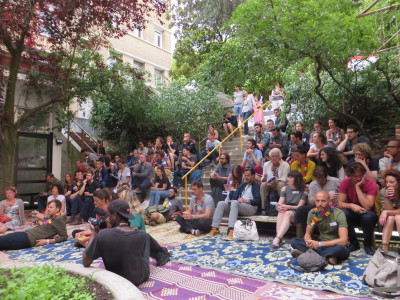
[/tx_column]
[/tx_row]
